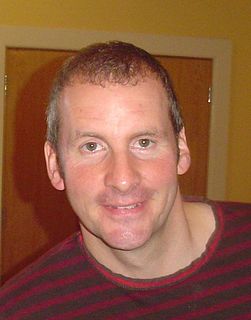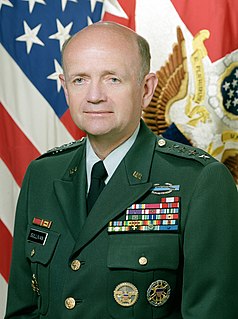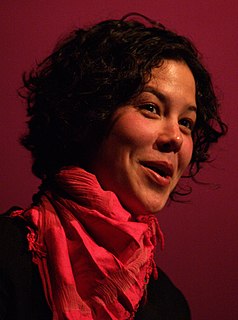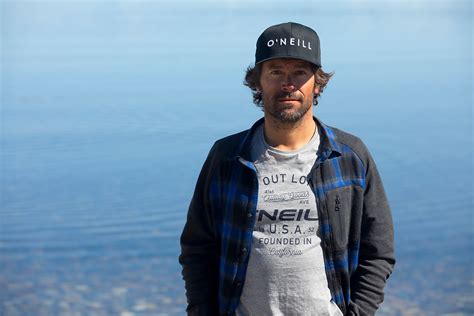A Quote by Gretel Ehrlich
In 2007, I received a National Geographic Expeditions Council grant to go around the top of the world and talk to Arctic people about how they've been impacted by climate change.
Related Quotes
I think about issues like climate change, and how six of the 10 worst impacted nations by climate change are actually on the continent of Africa. People are reeling from all sorts of unnatural disasters, displacing them from their ancestral homes and leaving them without a chance at making a decent living.
It is impossible to talk about slowing climate change without talking about reducing CO2 emissions. Equally, it is impossible to talk about adapting to climate change without considering how we will feed ourselves. And it is out of the question that we can adapt agriculture without conserving crop diversity.
Climate Change is a national security issue. We found that climate instability will lead to instability in geopolitics and impact American military operations around the world. People are saying they want to be perfectly convinced about climate science projections. But speaking as a soldier, we never have 100 percent certainty. If you wait until you have 100 percent certainty, something bad is going to happen on the battlefield.
Climate scientists think of nothing but climate and then express their concerns in terms of constructs such as global mean surface temperature. But we live in a world in which all sorts of change is happening all the time, and the only way to understand what climate change will bring is to tell stories about how it manifests in people's lives.
I think climate change is probably the most extreme, and it's been going on for years because it's very difficult to talk about a planetary issue like climate change and to get people who live within four-year electoral cycles to actually pay attention to something that you predict is happening way in the future.
I started teaching in '76 and I'd been a photographer at the Geographic for six years. But prior to being at the Geographic I was a teacher. Plus my parents were teachers and my brother and my grandparents. So it was the culture of our family to think about teaching, to talk about teaching, to talk about teachers.
Climate change that is occurring right now is causing so much suffering all around the world. Whether it's adding 30 million people to the "at risk of starvation" list in 2008, whether it's the floods in Pakistan, or entire cultures at risk of disappearing, or desertification in Africa - all these things that are currently being caused by climate change. I think it's something that a lot of people want to figure out: how to make the shift, how to help. It seems like such an overwhelming problem.
My father gave me this poster from National Geographic back in the very early 70s, so I was a young teenager. It showed how man polluted his world. And the issues that they talked about, whether it was water pollution, air, or terrestrial... The issues that they talk about on this poster are still very much present today.
I don't like to claim that I am an expert on anything, but I have enough knowledge about climate science and climate system to be able to write scientific papers and go to meetings and talk about monsoon systems and talk about any other things that you want to discuss about climate science issues. I'm as qualified as anybody that you know on this planet on this topic.





































